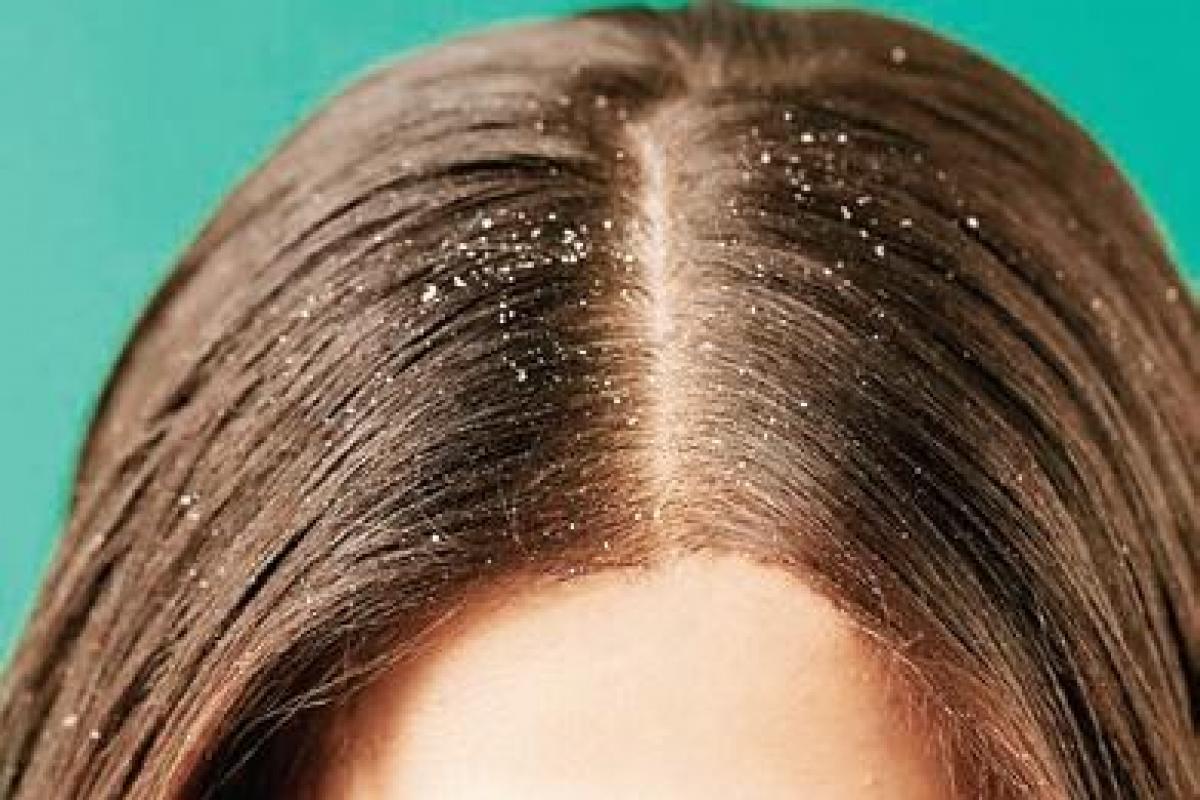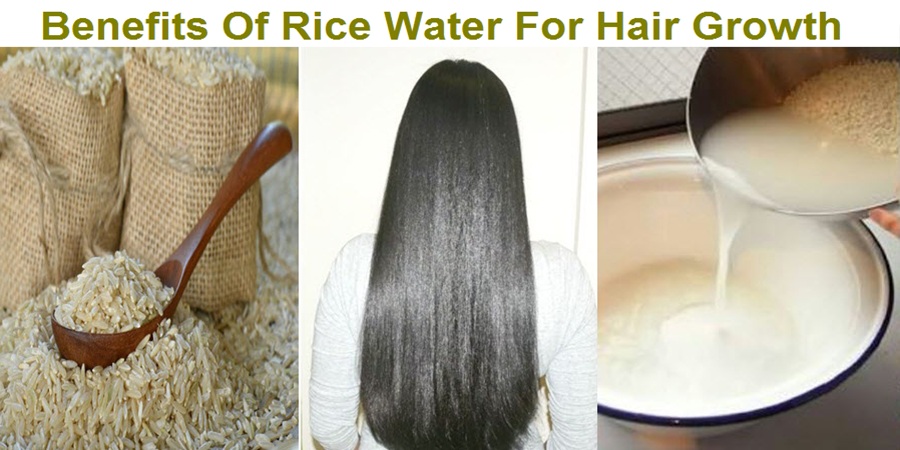Hair loss is a common problem that affects millions of people worldwide, causing not only physical changes but also emotional distress. Losing hair can significantly impact one’s self-confidence and overall well-being.
Whether it’s thinning hair, receding hairlines, or bald patches, the effects of hair loss can be quite disheartening.
While there are various factors that contribute to hair loss, such as genetics, hormonal imbalances, medical conditions, and lifestyle choices, many individuals seek effective solutions to promote hair growth.
Natural remedies have gained popularity due to their accessibility, affordability, and perceived safety compared to chemical-based treatments.
In this guide, we will explore do-it-yourself (DIY) home remedies to boost hair growth. These remedies harness the power of natural ingredients that are readily available and have been used for centuries in traditional medicine.
By incorporating these remedies into your hair care routine, you can nourish your scalp, strengthen your hair follicles, and potentially stimulate new hair growth, all in the comfort of your own home.
Remember, while these remedies may offer benefits for many individuals, it’s important to keep in mind that results may vary depending on individual factors.
It’s always advisable to consult with a healthcare professional or dermatologist for a comprehensive evaluation of your hair loss condition and to determine the best course of action.
Let’s delve into the DIY home remedies to boost hair growth.
Understanding Hair Loss

a) Genetics: One of the most common causes of hair loss is hereditary or genetic factors. Androgenetic alopecia, commonly referred to as male or female pattern baldness, is inherited and can affect both men and women. This type of hair loss is characterized by a progressive thinning of hair on the scalp.
b) Hormonal Imbalances: Hormonal changes can lead to hair loss. For example, an excess of dihydrotestosterone (DHT), a hormone derived from testosterone, can cause the hair follicles to shrink, leading to thinner and shorter hair growth.
Hormonal imbalances can occur due to factors such as aging, pregnancy, childbirth, menopause, or certain medical conditions.
c) Diet and Nutritional Deficiencies: Poor nutrition can contribute to hair loss. A diet lacking essential nutrients, such as vitamins (especially biotin), minerals (like iron and zinc), and proteins, can weaken hair follicles and hinder proper hair growth.
d) Stress and Emotional Factors: High levels of stress, whether due to emotional trauma, work pressure, or other factors, can disrupt the normal hair growth cycle. Stress-induced hair loss is known as telogen effluvium, where a large number of hair follicles enter the resting phase prematurely, leading to excessive shedding.
e) Medical Conditions and Treatments: Certain medical conditions, such as thyroid disorders, autoimmune diseases (e.g., alopecia areata), scalp infections, and chronic illnesses, can contribute to hair loss.
Additionally, treatments like chemotherapy and radiation therapy used for cancer can cause temporary hair loss.
Understanding the common types of hair loss
Telogen Effluvium: This type of hair loss occurs when a significant number of hair follicles enter the resting (telogen) phase prematurely due to physical or emotional stress.
Telogen effluvium often leads to diffuse shedding of hair across the scalp. It is usually temporary and hair regrowth can occur once the underlying cause is resolved.
Healthy Lifestyle Habits for Hair Growth
When it comes to promoting healthy hair growth, adopting a holistic approach that includes a balanced diet, regular exercise, stress management, and sufficient sleep is crucial. Here are some lifestyle habits that can contribute to improved hair health:
a) Balanced Diet: A nutritious diet plays a vital role in promoting healthy hair growth. Ensure your diet includes a variety of foods rich in essential nutrients.
– Protein: Incorporate protein-rich foods like eggs, lean meats, legumes, and dairy products into your diet.
– Iron: Include iron-rich foods such as spinach, lentils, red meat, and fortified cereals.
– Omega-3 Fatty Acids: These healthy fats nourish the hair follicles and scalp. Consume fatty fish like salmon, mackerel, and sardines, as well as flaxseeds and walnuts.
– Biotin: Include foods like eggs, nuts, seeds, and sweet potatoes, which are good sources of biotin.
– Vitamins and Minerals: Consume a variety of fruits and vegetables to ensure an adequate intake of vitamins (especially vitamins C and E) and minerals (such as zinc and selenium), which support hair health.
b) Regular Exercise: Engaging in regular physical activity improves overall blood circulation, including to the scalp. Improved blood flow ensures a steady supply of nutrients and oxygen to the hair follicles, promoting healthy hair growth.
Aim for at least 30 minutes of moderate exercise, such as brisk walking, cycling, or yoga, most days of the week.
c) Stress Management: Chronic stress can contribute to hair loss. Regularly incorporating these techniques can help reduce stress levels and promote a healthier hair growth environment.
d) Sufficient Sleep: Adequate sleep is essential for overall well-being, including hair health. During sleep, the body repairs and regenerates cells, including those responsible for hair growth. Aim for 7-9 hours of quality sleep each night to support optimal hair growth.
Herbal Remedies for Hair Loss
Throughout history, various herbs have been used in traditional medicine to promote hair growth and combat hair loss. Some commonly recommended herbal remedies include:
– Saw Palmetto: Saw palmetto extract is believed to inhibit the enzyme that converts testosterone to DHT, thereby reducing DHT levels in the scalp and potentially slowing down hair loss.
– Rosemary: Rosemary has been used for centuries to stimulate hair growth. It helps improve blood circulation to the scalp and provides antioxidant benefits.
– Ginseng: Ginseng is known for its potential to promote hair growth by stimulating the dermal papilla cells, which play a key role in hair follicle development.
– Lavender: Lavender oil has shown promising results in promoting hair growth and reducing hair loss due to its antimicrobial and calming properties.
– Fenugreek: Fenugreek seeds are rich in proteins and nicotinic acid, which may help strengthen hair follicles and promote hair growth.
DIY Home Remedies to Boost Hair Growth
- Onion Juice and Honey Mask:

– Blend or extract juice from an onion and mix it with honey.
– Repeat this 1-2 times per week.
-
Aloe Vera Gel and Coconut Oil Treatment

– Mix fresh aloe vera gel with coconut oil to form a smooth paste.
– Leave it on for 1-2 hours or overnight, then wash it off.
-
Green Tea Rinse for Stimulating Hair Growth

– Use this rinse after shampooing and conditioning your hair, 1-2 times per week.
Scientific Evidence or Anecdotes
While there is anecdotal evidence supporting the effectiveness of these DIY Home Remedies to Boost Hair Growth, it’s important to note that scientific research on herbal remedies for hair growth is limited.
Some studies suggest that certain herbal extracts or oils may have potential benefits for hair growth, but more rigorous research is needed to establish their efficacy.
It’s advisable to perform a patch test before applying any DIY remedy to ensure you don’t have any adverse reactions. If you have any underlying medical conditions or concerns, consult a healthcare professional or dermatologist before trying these remedies.
Conclusion
Hair loss can have a significant impact on self-confidence, and many individuals seek home remedies to boost hair growth. A balanced diet, regular exercise, stress management, and sufficient sleep are important lifestyle habits for healthy hair growth.
Herbal remedies like saw palmetto, rosemary, and ginseng have been traditionally used to combat hair loss. DIY treatments such as onion juice and honey mask, aloe vera and coconut oil treatment, and green tea rinse are popular options.
Maintaining a clean and healthy scalp, avoiding damaging hair practices, and seeking professional help when necessary are also crucial. While results may vary, incorporating these practices can help say goodbye to hair loss and promote healthier hair growth.









